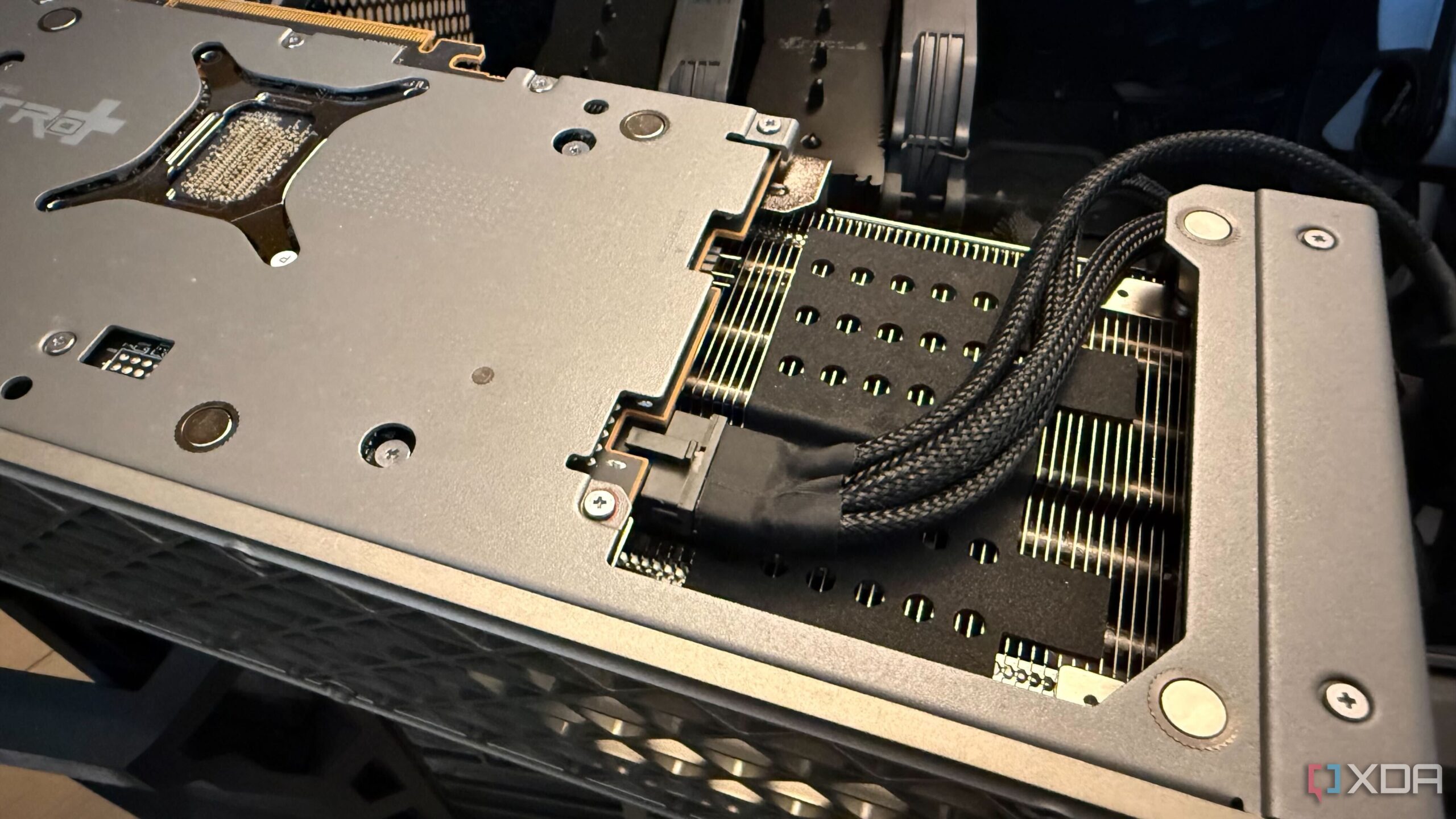URGENT UPDATE: A crucial warning for gamers and PC builders has emerged, as experts reveal that clock speed may no longer be the most important metric for evaluating CPU and GPU performance. This revelation comes amid a surge in new components hitting the market, and consumers are urged to reconsider how they assess their next gaming rig.
New reports confirm that while clock speed—measured in gigahertz (GHz) for CPUs and megahertz (MHz) for GPUs—has traditionally attracted attention, it no longer provides a reliable gauge for real-world performance. With modern processors and graphics cards featuring vastly different architectures, relying on clock speed can lead to significant misconceptions when purchasing components.
For example, the Ryzen 7 7800X3D can outperform the i9-12900KS in gaming despite having a lower turbo clock speed. This is largely due to the former’s advanced architecture and larger cache, which allows it to execute more instructions per clock cycle (IPC).
Experts emphasize that the architectural design, cache hierarchy, and memory bandwidth play a far more critical role in determining gaming performance than simply how high a core clock can spike. This is a game-changer for consumers who might be misled into thinking that higher clock speeds equate to superior performance.
In fact, even the concept of “boost clocks,” which suggest a component can achieve higher frequencies under ideal conditions, can be misleading. These numbers are not guaranteed speeds and can fluctuate based on temperature and power delivery. As CPUs and GPUs utilize dynamic algorithms for frequency adjustments, the sustained clock speeds under real-world gaming loads are what truly matter.
While clock speed can still play a role in specific scenarios, such as single-threaded applications and certain productivity software, the overall impact is minimal compared to the advancements in architecture.
This urgent update comes at a time when consumers are increasingly inclined to push their gaming systems to the limit, and understanding the true capabilities of the components they choose is essential.
WHAT TO WATCH FOR: As new architectures like AMD’s Zen 5 and Apple’s M-series chips are released, buyers must focus less on raw frequency and more on how these new designs enhance efficiency and throughput.
CONSUMER ALERT: Before making your next PC purchase, take a moment to reassess what truly matters in component performance, and share this vital information with fellow gamers and builders. Don’t let outdated metrics guide your decisions; understanding the evolution of CPU and GPU technology could save you time and money.





































































